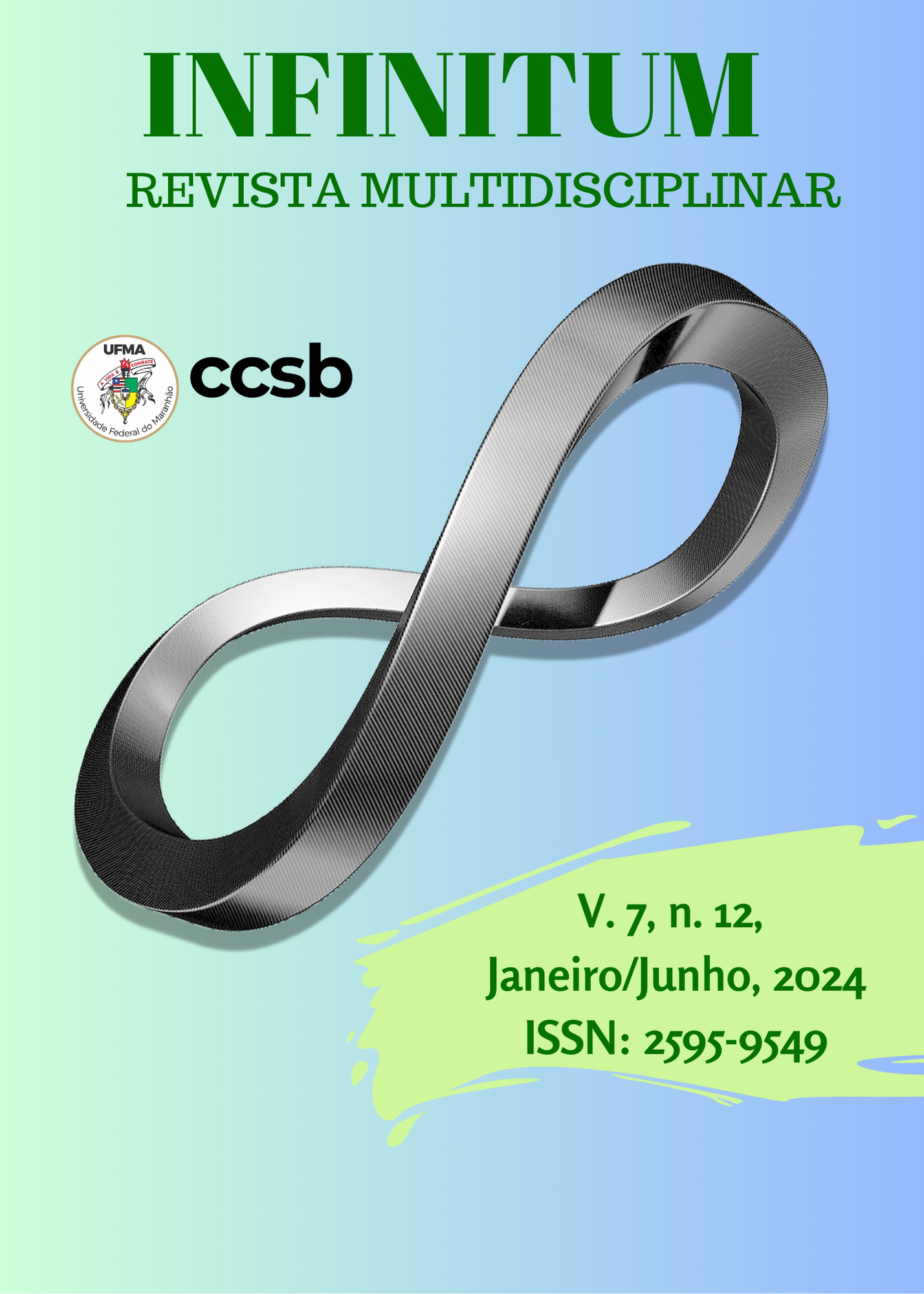A RESILIÊNCIA E INTELIGÊNCIA EMOCIONAL:
os pilares do sucesso organizacional na era da adversidade
DOI:
https://doi.org/10.18764/2595-9549v7n12.2024.7Palavras-chave:
Resiliência, Inteligência Emocional, Contexto Organizacional, Habilidades, AdaptaçãoResumo
Este artigo explora a importância da resiliência e da inteligência emocional no contexto organizacional, analisando suas definições, características e benefícios. A resiliência é abordada como a capacidade de adaptar e recuperar-se frente a situações desafiadoras, incluindo a rápida adaptação a mudanças no ambiente de trabalho. A inteligência emocional é compreendida como a habilidade de reconhecer, compreender e gerenciar as próprias emoções e as dos outros, sendo essencial para uma adaptação eficaz às demandas organizacionais. São discutidos os fundamentos teóricos e modelos relacionados à resiliência e à inteligência emocional, destacando como esses conceitos podem ser desenvolvidos e aplicados no contexto organizacional. O artigo destaca a relação positiva entre resiliência, inteligência emocional e desempenho no trabalho, além de explorar estratégias práticas para promover essas habilidades nos profissionais.
Downloads
Referências
BERNDT, C. Resiliência - O segredo da força psíquica (1ª ed.). São Paulo: Vozes, 2018.
Disponível em: https://plataforma.bvirtual.com.br. Acesso em: 28 de julho de 2023.
BUCKINGHAM, M., & GOODALL, A. Reinventando a avaliação de desempenho: porque
o sistema tradicional falha e como as empresas líderes estão inovando. Harvard Business
Review, 2015.
CHERNISS, C., & Goleman, D. The Emotionally Intelligent Workplace. San Francisco,
CA: John Wiley & Sons, 2001.
BORGES, M. C., et al. Princípios e práticas da pedagogia empresarial (1ª ed.). Curitiba:
Intersaberes, 2022. Disponível em: https://plataforma.bvirtual.com.br. Acesso em: 29 de julho
de 2023.
COUTO, H. A. Ergonomia do corpo e do cérebro no trabalho: os princípios e a aplicação
prática. Belo Horizonte: Ergo, 2014.
GALLUP. (2017). State of the American Workplace. Gallup, Inc., 2017.
GOLEMAN, D. Inteligência emocional. (M. Santarrita, Trad.). Rio de Janeiro: Objetiva. [Ebook], 2011.
LUTHANS, F. The need for and meaning of positive organizational behavior. Journal of
Organizational Behavior, 23(1), 695-706, 2002.
MARCON, S. R. A., & AREOSA, S. V. C. Riscos e proteção psicossocial: trabalho, saúde
mental e práticas sociais (1ª ed.). Porto Alegre: ediPUCRS, 2021. Disponível em:
https://plataforma.bvirtual.com.br. Acesso em: 29 de julho de 2023.
PFEFFER, J. Dying for a Paycheck: How Modern Management Harms Employee Health and
Company Performance—and What We Can Do About It. New York: HarperCollins, 2018.
PINK, D. H. Drive: The Surprising Truth About What Motivates Us. New York: Riverhead
Books, 2011.
ROBBINS, S. P. Fundamentos do comportamento organizacional. São Paulo: Pearson
Prentice Hall, 2009.
SILVA, L. C. O., & CAMPOS, E. B. D. (2021). Psicologia da carreira: fundamentos e
perspectivas da psicologia organizacional e do trabalho (1ª ed.). São Paulo: Vetor. Disponível
em: https://plataforma.bvirtual.com.br. Acesso em: 29 de julho de 2023.
SCHWARTZ, T., Gomes, J., & MCCARTHY, C. The Way We're Working Isn't Working:
The Four Forgotten Needs That Energize Great Performance. New York: Free Press, 2016.
WERNER, E. E., & SMITH, R. S. (1992). Overcoming the Odds: High Risk Children from
Birth to Adulthood, 1992.
Downloads
Publicado
Como Citar
Edição
Seção
Licença

Este trabalho está licenciado sob uma licença Creative Commons Attribution 4.0 International License.
A Infinitum: Revista Multidisciplinar está licenciada com uma Licença Creative Commons Atribuição 4.0 Internacional.









